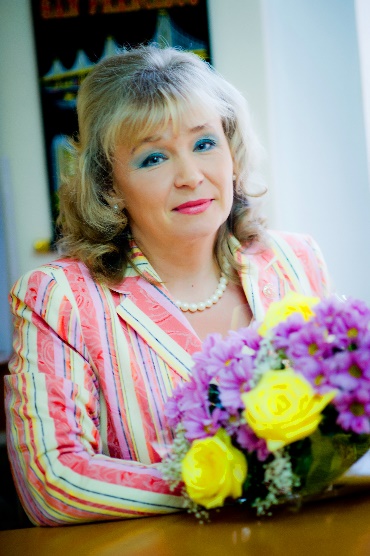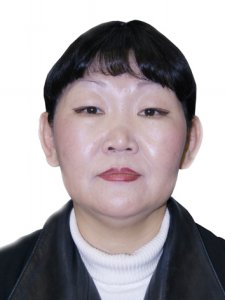The yakut language in genetic classification
DOI 10.51955/2312-1327_2021_4_149
Abstract. Based on the use of the experience of previous systematizations and the achievements of the new scientific paradigm, the author supports the adherents of the polynomial classification of the Turkic languages. Earlier, a separate Yakut classification type (taxon) was established along with the Chuvash, Oguz, Karluk-Uygur, Kyrgyz-Kypchak, and Uryankhai. Moreover, taxa arose in the Pra-T√ľrkic language. In the Yakut language, the main stages are revealed: 1) the Pra-T√ľrkic time: up to the 1st century BC, Mongolia, the emergence of the Yakut classification type; 2) ancient Turkic time: from the 1st century BC, Mongolia before the 10th century A.D., Circumbaikal region, the ancient Yakut language; 3) Middle Ages: from the 10th century, the Cirkumbaikal region to the 17th century, Yakutia, the Middle Yakut language; 4) New time: from the 17th century, Yakutia to the modern Republic of Sakha within the Russian Federation, the Yakut language.
Key words: Yakut identity, genetic polynomial classification, the Leipzig-Jakarta list, haplotype, Caucasoid genetic admixture, periodization of the Yakut language.
Download article in PDF 518.9 kB




